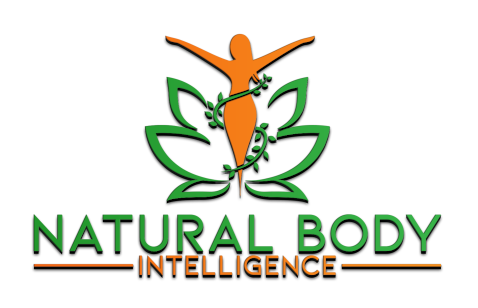Core Natural Hygiene Principles
Natural Hygiene is built on fundamental principles that reflect the body’s innate ability to maintain balance, conserve energy, and heal itself. Below is an expanded explanation of these principles, offering deeper insights into how they guide our understanding of health and well-being:
1. The Principle of Activity and Repose
- Achieving health requires a balance between activity and rest.
- The body thrives on a rhythm of exertion followed by recuperation. Physical activity enhances circulation, builds strength, and supports overall vitality, but these benefits are only sustained when paired with adequate rest. Sleep is when the body repairs tissues, consolidates memories, and detoxifies. Overexertion without sufficient rest leads to burnout, fatigue, and impaired healing. Emphasising balance ensures the body remains energised and resilient.
2. The Law of Energy Management
- The body efficiently manages its energy to maintain health.
- Vital energy is finite, and how we allocate it significantly impacts our well-being. The body naturally prioritises critical functions, such as digestion, immune response, and repair. When we overeat, engage in excessive stress, or perform continuous strenuous activities, the body’s resources are depleted, leaving little for essential healing. Conserving and wisely utilising energy—through fasting, proper rest, and efficient movement—allows the body to channel its efforts toward restoration and maintenance.
3. The Law of Systemic Supply
- The body ensures all systems receive what they need for optimal functioning.
- Just as a well-governed society distributes resources equitably, the body has an intricate system to allocate nutrients, oxygen, and other essentials where they are most needed. For example, during fasting, the body prioritises nourishing vital organs while breaking down damaged or non-essential tissues for energy (autophagy). This principle highlights the importance of providing the body with wholesome nutrition and clean water to ensure that these resources are available for systemic supply and maintenance.
4. The Principle of Physiological Acceleration
- The body intensifies its activities when exposed to harmful substances.
- When toxins enter the system, the body springs into action to neutralise and eliminate them. This accelerated activity may manifest as fever, inflammation, or increased elimination (such as diarrhoea or sweating). These are not signs of failure but rather of the body’s efforts to restore equilibrium. Recognising this principle helps us understand that such responses are natural and should be supported with rest, hydration, and toxin removal, rather than suppressed with medication that can hinder the body’s innate processes.
5. The Law of Adaptation
- The body adjusts its defences to cope with repeated exposure to toxins.
- Over time, the body adapts to harmful influences by developing tolerance or isolating these threats to minimise damage. For example, the liver may upregulate enzymes to process toxins, or fat tissues may store harmful substances to keep them away from vital organs. However, this adaptation comes at a cost, leading to a gradual decline in overall vitality and resistance. This principle underscores the importance of reducing exposure to toxins and adopting a clean lifestyle to avoid overwhelming the body’s adaptive capacity.
6. The Principle of Vital Energy Preservation
- Health relies on the conservation of the body’s vital energies.
- Every physiological function—digestion, movement, immunity—requires energy. When energy is misused or overextended, the body has fewer resources available for repair and rejuvenation. Practices like fasting, simplifying diets, and reducing stress conserve vital energy, allowing the body to focus on healing and maintaining equilibrium. This principle reminds us that overindulgence, overstimulation, and overexertion are counterproductive to long-term health.
7. The Law of Equilibrium Restoration
- The body’s innate ability to restore balance ensures recovery when conditions are optimised.
- When an organism is ailing, the body prioritises healing and revitalising weakened parts and systems. Once obstacles to health—like toxins, stress, or poor nutrition—are removed, the body instinctively works to restore equilibrium. This law highlights the remarkable self-healing ability of the body and reinforces the value of creating an environment conducive to recovery: fresh air, clean water, proper nutrition, rest, and emotional well-being.
How These Principles Empower Healing
When we align our lifestyles with these principles, we support the body’s natural functions and foster true health. Recognising the intricate balance of activity and repose, the efficient management of energy, and the body’s innate wisdom in responding to toxins or deficiencies allows us to approach wellness holistically. Instead of fighting the body’s responses, we learn to support them, honouring its extraordinary capacity to heal and thrive.
By applying these principles, we not only improve our own well-being but also gain the knowledge to help others on their journey toward vibrant, sustainable health.

